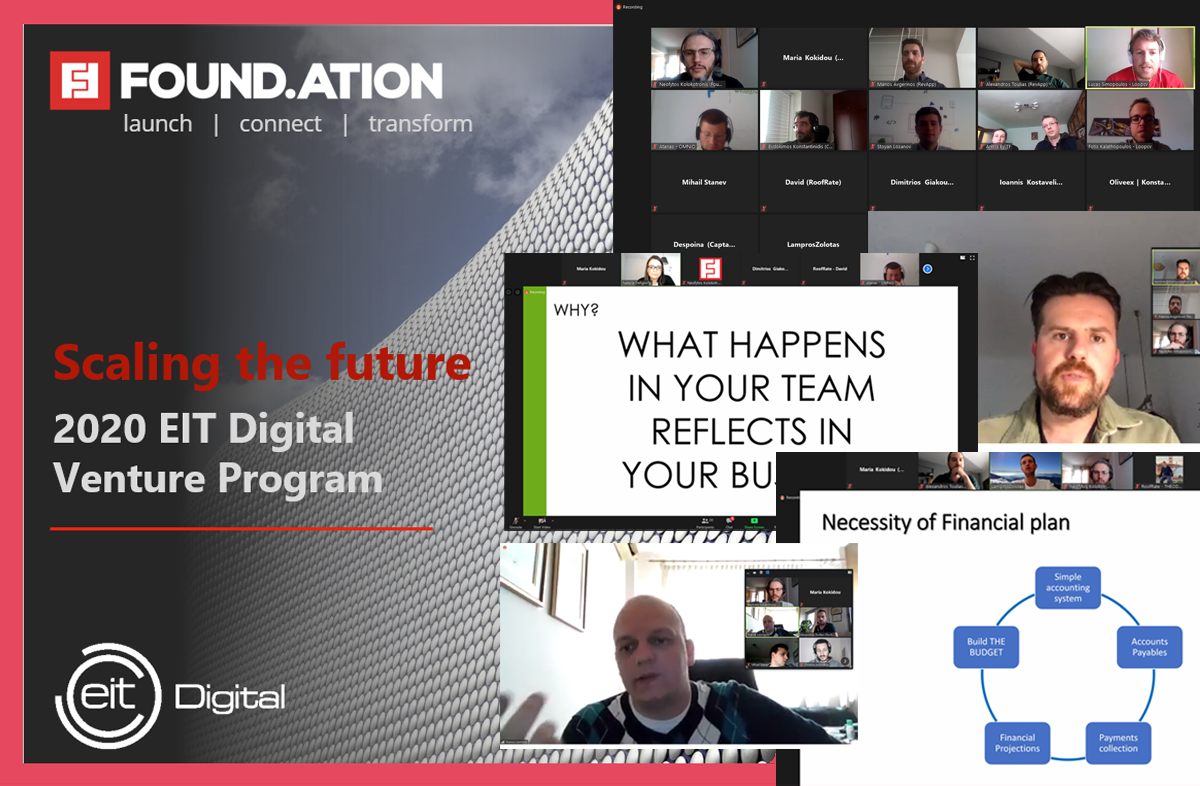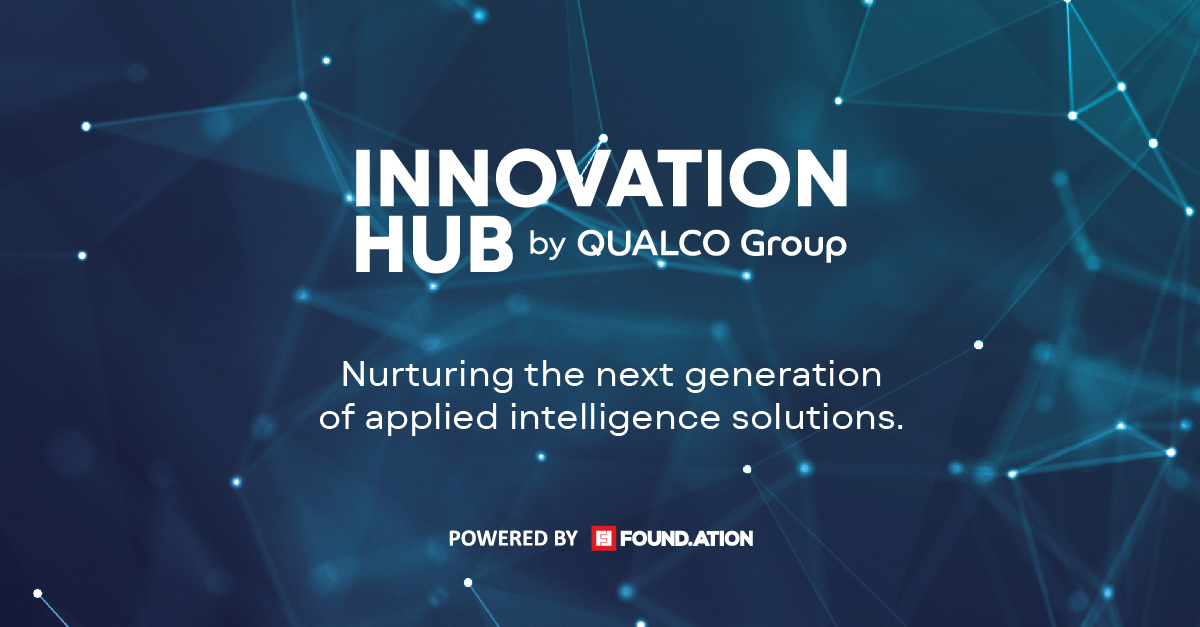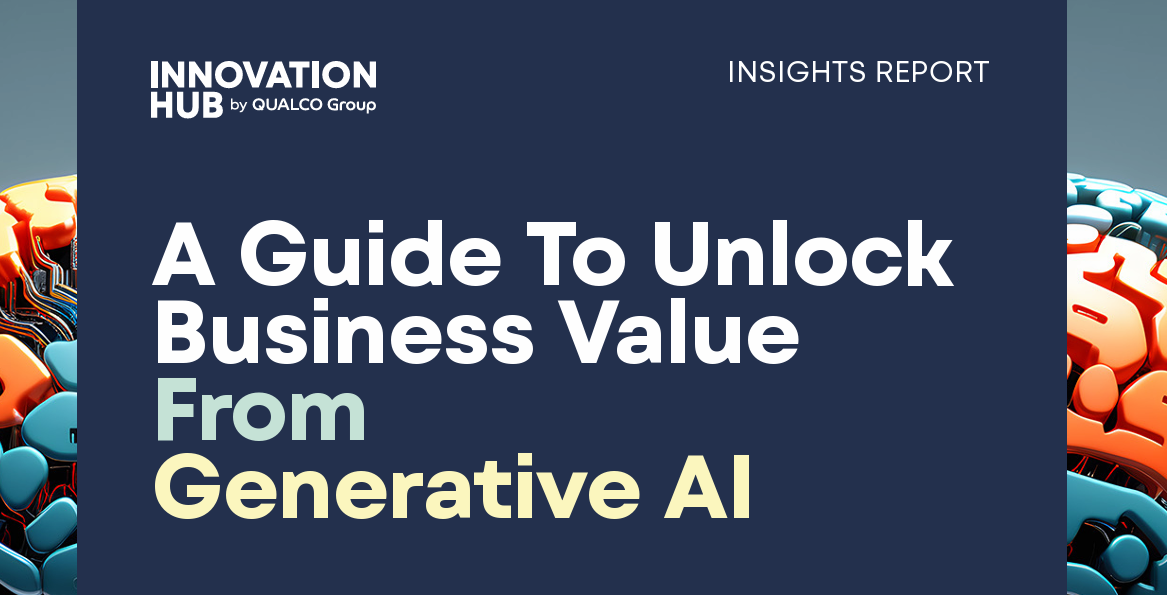Welcoming the teams of 2020 EIT Digital Venture Program
The third edition of our accelerator just kicked-off with a 2-day bootcamp. It was super exciting and yet challenging, as we had to go all-virtual this year. Our teams are just as enthusiastic, though and so are we!

In 2018, when EIT Digital decided to actively support entrepreneurs across Europe launch their ventures, Found.ation was among the first two partners selected to design and facilitate an acceleration program. The experiment was successful and the EIT Digital Venture Program launched in 20 countries as of 2019. 2020 marks our third edition: we have supported 16 startups with 230.000 euros in funding so far. This year, 8 more startups have been selected to participate in the program. Please welcome: Arkris, Captain Coach, Loopcv, Oliveex, Omnio, Ozzie, RevApp and RoofRate!
What do the startups do? Here’s a short breakdown:
- Arkris develops an AI assistant that automates communication with employees, for repetitive and mundane tasks
- Captain Coach builds a voice and gesture based assistant for elderly, compensating their physical and memory impairments during their Activities of Daily Living (ADL)
- Loopcv is a platform that aggregates job postings from external platforms and sends emails or directly applies to them on behalf of the user
- Oliveex is an ΙοΤ enabled platform for monitoring food storage and fermentation
- Omnio develops a ML and AI powered solution for compliance checks, automating customer screening, anti money-laundering efforts and fraud checks
- Ozzie is a modular robot assistant for mild cognitive impairment patients and caregivers
- RevApp is a ML powered dynamic pricing application, helping hotel and property managers to increase their revenues and reduce their fixed costs
- RoofRate is a service allowing people looking to rent to remotely receive reviews and advice on a place from local individuals
The accelerator usually kicks-off in May with a 2-day bootcamp, during which the startups get to know their mentors and start learning the basics of entrepreneurship: from business plan and service design to legal issues and how to reach investors. This year, sadly, we didn’t have the chance to meet in person with our teams. All sessions were turned to webinars and interactive workshops. Our teams come from various locations from Greece, Romania and Bulgaria, so the bright side is that we reduced transport and thus the carbon footprint ;-).
Keeping the teams engaged throughout the two 6-hour days was perhaps the most challenging part. In order to make this bootcamp useful for the participants, we did the following:
- Reduced the total duration of the bootcamp per 20%
- Kept the duration of the webinars up to 1 hour and allowed for more frequent breaks
- Held longer-duration interactive workshops in a different format that had participants divided in separate virtual rooms when they needed to work in small teams
- Encouraged the instructors to make their presentations more interactive, ask frequently the viewers for their input and use lots of humor to break the ice
- Prepared a goodie “welcome pack” that was sent to participants of the program as a reminder that they are part of something tangible, that goes beyond a remote connection
- Used a Slack workspace as a complementary tool in-between sessions and as the go-to communication platform between the startups and their mentors.
We are glad to see that the participants had a great time and really enjoyed the classes. The feedback we got was positive, but a more tell-tale sign is perhaps the fact that the participants were very engaged in asking lots and lots of questions to the instructors.
A big thank you to our wonderful instructors, especially Dr. Antonis Livieratos, Thanos Leontaris, Lambros Zolotas (HMD Global) and Natalia Deligiorgi (Performance Coaching), for offering their expertise and wisdom, and keeping the teams engaged throughout those two days. We are also grateful to Lucy Xu (and the great team from The Port) for hosting a webinar on marketing (they also wrote a blog post sharing the experience from their side), Victoria Seymour-Stathopoulou for talking about sales strategy, and Argyris Argyrou, co-founder of the successful startup Wadja and also a 2019 EIT Digital Venture Program alumnus (Summarly), for sharing his experience so far.
Next came the virtual Demo Day, on July. The teams presented their progress in front of investors, industry stakeholders and journalists – an equally challenging task. There were lots of questions, but the teams proved to be up to the task perfectly.
Stay tuned for the program’s results in September, when the acceleration phase will wrap up and the companies will be incorporated and apply for their final funding!




